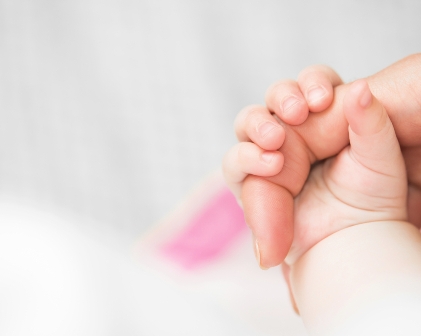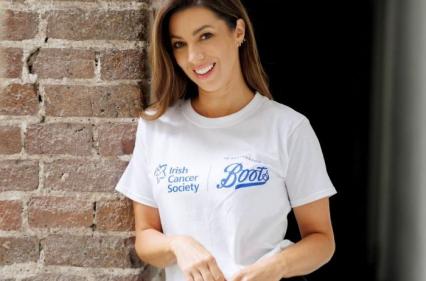This heartbreaking story was shared by an NICU nurse who wonders if it's possilble that this mum, who was dying, knew the touch of her newborn baby. This is what she wrote:
 During more than 20 years as a NICU nurse, the joys, heartache, miracles and incredible resilience of our parents and their babies have amazed me again and again. One thing that has not changed throughout the history of neonatology is the amazing power of the maternal-infant bond.
During more than 20 years as a NICU nurse, the joys, heartache, miracles and incredible resilience of our parents and their babies have amazed me again and again. One thing that has not changed throughout the history of neonatology is the amazing power of the maternal-infant bond. It is evident in the cries of joy from a mother immediately after giving birth, and in her eyes as she softly gazes at her beautiful newborn for the first time, seeing only her baby instead of the equipment and machinery keeping the newborn alive. It is evident when our babies turn their heads to hear that soothing, familiar voice. And it is most evident in a mother’s touch. Over and over again I have seen the utter calm and deep, unique connection a mother experiences when she lovingly holds her baby skin-to-skin for the first time.
I still am moved by the power of that bond when remembering a heart-wrenching birth story from many years ago. I was caring for a healthy, newly born preterm infant. He was stable and alert, about five weeks early but breathing well on his own, with an NG feeding tube but no IV. His mother had suffered from catastrophic epilepsy and a cerebral vascular accident, and was dying in the adult ICU. I felt strongly that this mother and baby should be together, if only for a short time. After getting permission from the mother’s team and our NICU team, I transferred the infant to an isolette and brought him to the ICU.
I remember the mother’s room being stark and chilly. Her husband was the only person with her. I could hear her irregular, shallow and rattling respirations as I entered the room. She was propped up in the bed, with her hands by her side. I noticed her edematous and ecchymotic tongue protruding slightly from her mouth. The mother spoke no English, but the father understood and spoke enough for us to communicate.
Although the mother was in a coma, I asked the father to reassure her that her baby was healthy, being well cared for and that he would be OK. In the meantime, I prepared the baby for some skin-to-skin time with his mother. I removed his clothing, leaving him with just a diaper. I propped up the mother’s motionless arms on pillows, and opened the front of her gown. I then placed the baby on his stomach against her bare chest, and he immediately snuggled right into her. I moved the mother’s arms and hands on the pillows so she could "cradle" her infant. I moved away from the bedside to give them some privacy, all the while reassuring her that her baby was going to be just fine.
Using an old Polaroid, I snapped a few pictures of this dying mother holding her baby for the first and last time, wondering whether the pictures would bring comfort to the family in the future. I then picked up the baby, rewrapped him in a blanket and transferred him to the isolette to return to the NICU.
As I turned to leave the room the father put his arm on mine and called out "Wait … she cry?" He was pointing to his wife’s motionless face, where I noticed a large, single tear streaming from the corner of each closed eye. I stopped in my tracks, stunned and speechless.
The father was looking at me for an answer, and again asked, "She cry?" All I could answer was, "It’s possible." Did touching her baby, smelling his sweet head, feeling his little heartbeat against her, hearing he was going to be OK, somehow tap into that invisible maternal bond NICU nurses know exists? Or were the tears just a normal, physiologic part of her dying process? No one will ever know for sure. But I believe I witnessed an almost spiritual connection between that mother and her baby that day.
The mother died a short time later. A family member adopted her baby, eager to raise him as her own. As NICU nurses, we have the knowledge, compassion, teams of caregivers and technological support to care for every baby who is admitted to our unit. But it’s good to remember that the simplest things, such as skin-to-skin care and supporting the extraordinary bond between our babies and their mothers, often are the best therapies of all.




